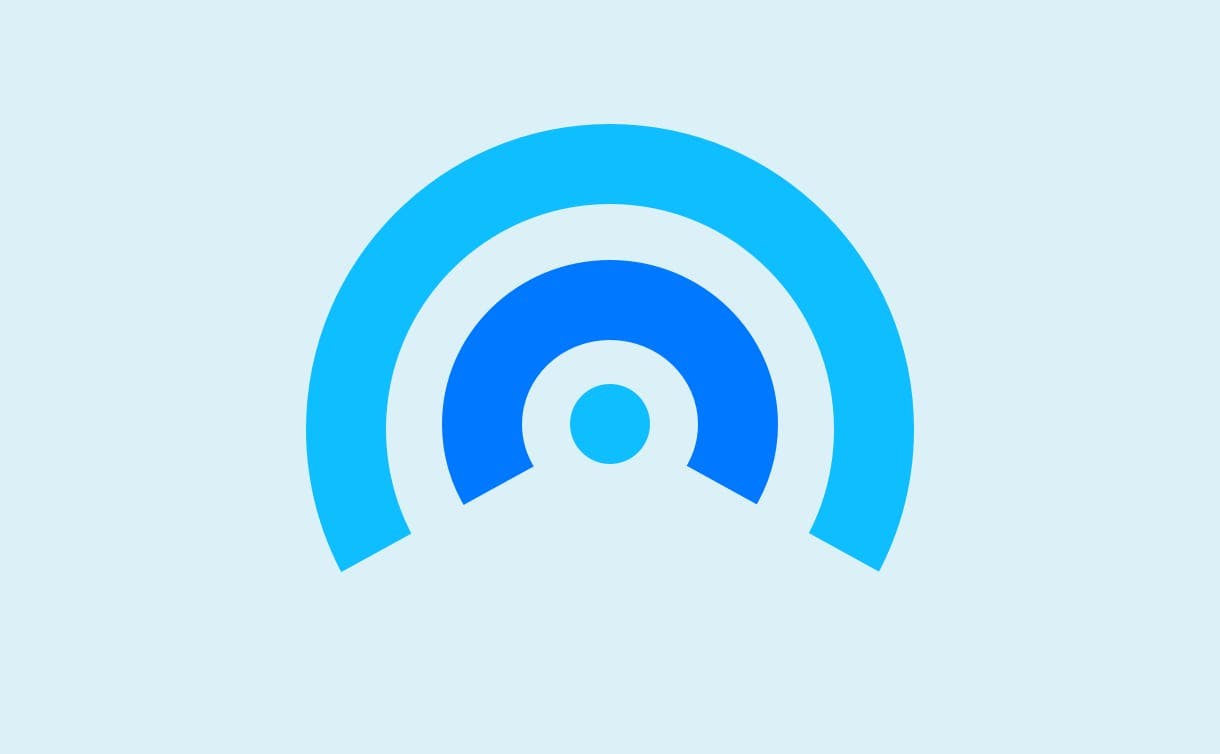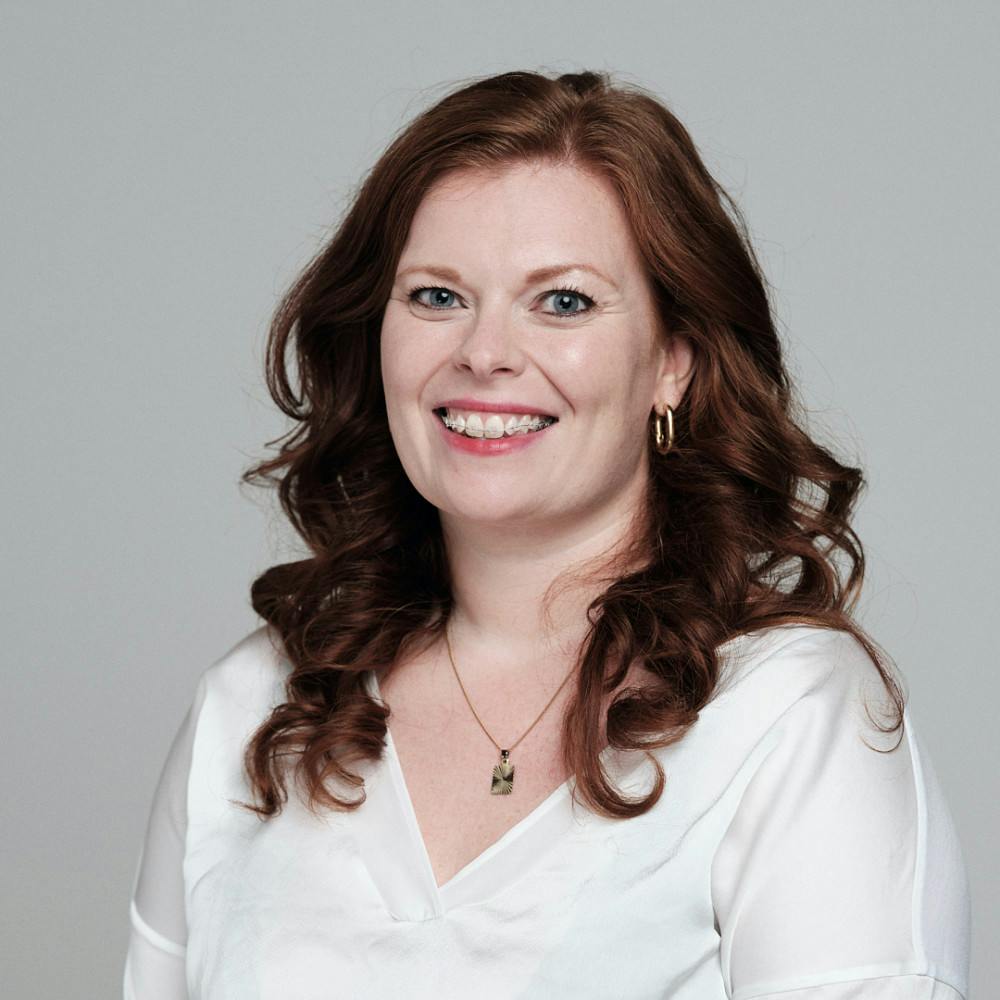Why Head of Nutritional Research, Sophie Medlin is passionate about brain health
Sophie’s story: how a surprising diagnosis led Sophie to become one of the leading dietitians in braincare.


I was really lucky, at the age of 15 to know that I wanted to be a dietitian. I had a brilliant catering teacher, who was a nutritionist herself, and she suggested I might like to get into nutrition, and potentially dietetics.

I loved science, food, and psychology—so all of those things came together to help me realise that was what I wanted to do.
Why I’m a dietitian, and not a nutritionist
At the time, I wasn’t sure if I wanted to be a nutritionist or a dietitian, or what the difference between them was (like most people). I found out that unlike nutritionists, dietitians can work in hospitals, so that would open a few more doors in terms of the kind of careers I might be interested in. I decided to train to be a dietitian, and I’ve never looked back!
My brain served me a curve ball
In my late twenties, I was working as an academic and I was struggling with some administrative tasks. things that I was aware other people found easy. So, my mentor at the time suggested that I consider getting tested for dyslexia.
And, when I did get tested—I found out that I have not only dyslexia, but also dyspraxia, and ADHD.
I knew the right nutrition could help
I set myself on a path that, number one, made sure I could do more of the things I was really good at, and far less of the things I was never going to be good at.
But, more importantly, I focused on what I could do to optimise my mental performance through nutrition.
So, I really started to explore what supplements I could take, and what I could do with my diet to support my own brain health and my mental performance.
In combination with the relief of a diagnosis, and a job-change to focus on my strengths; changes in my diet and supplement routine have allowed me to help myself to make the most of the gifts that I’ve been given as someone with neurodiversity. As well as overcome some of the obstacles that come with that.
Improvements I’ve noticed are:
my concentration and focus are significantly improved
my confidence in my ability to complete tasks is far better
in general my mood is better
I am able to organise my time and thoughts more effectively
And if I have days where I skip my supplements for any reason, I really notice it. Especially in terms of my working memory and focus.
The next step? Help build a braincare brand
When Joel and Dan approached me about creating a braincare brand, I was super excited. Obviously, they’re incredible people to work with, but they also gave me free reign to explore the area from a scientific perspective. That, and their absolute commitment to integrity, science and being an ‘active benefit’ supplement were all things I was really excited about. I knew I wanted to get involved straight away.